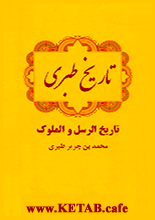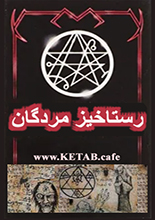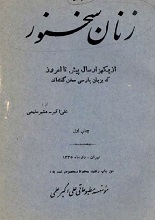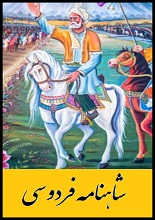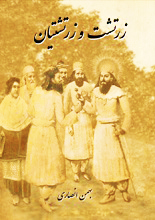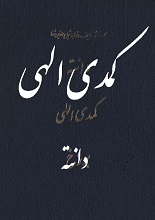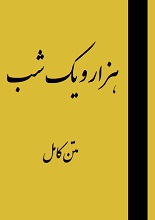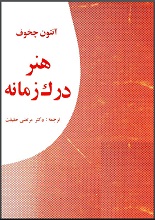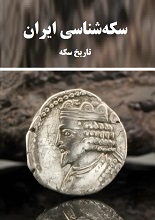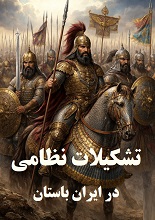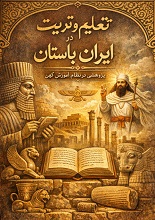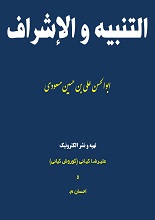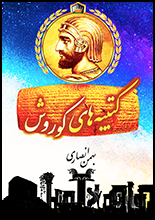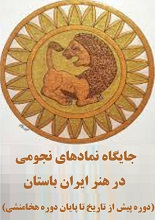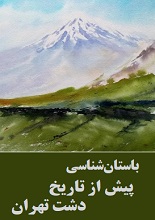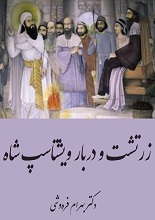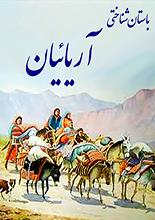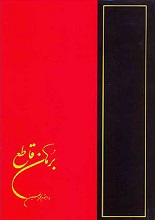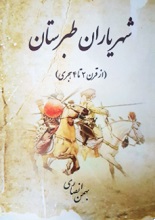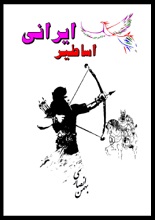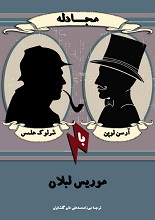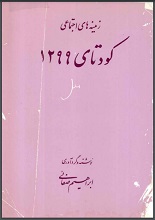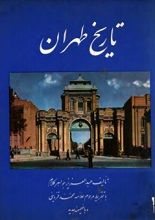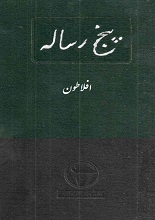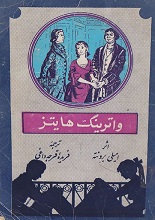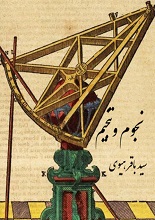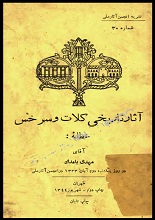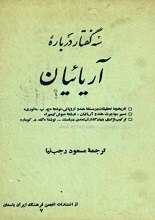Cyrus Rising: Reflections on Word Choice, Ancient and Modern by Matt Waters is a compelling exploration of the life, legacy, and enduring influence of Cyrus the Great, one of history’s most remarkable figures. In this book, Waters not only examines the historical and political achievements of Cyrus but also delves into the subtleties of language, narrative, and interpretation that have shaped the way his story has been told across centuries. By bridging ancient history with modern perspectives, Cyrus Rising offers readers a unique lens through which to understand both the man and the myth, revealing how storytelling, rhetoric, and word choice continue to shape our understanding of great historical figures.
From the very first pages, Waters establishes a deep respect for his subject while also highlighting the complexities and contradictions inherent in reconstructing ancient history. Cyrus, the founder of the Achaemenid Empire, is often celebrated for his innovative governance, tolerance toward conquered peoples, and visionary approach to empire-building. Waters carefully traces these achievements while also questioning how much of Cyrus’s legacy has been shaped by the storytellers, chroniclers, and historians who recorded his deeds. In doing so, the book encourages readers to consider the delicate interplay between history and narrative, fact and interpretation.
A central theme of Cyrus Rising is the power of words in preserving and shaping historical memory. Waters emphasizes that the way Cyrus has been remembered is inseparable from the language used to describe him. Ancient inscriptions, royal decrees, and later historical accounts all carry subtle choices in diction and phrasing that influence how we perceive his character. By analyzing these texts, Waters shows how even seemingly minor linguistic decisions—whether in translation or original composition—can alter interpretations of justice, leadership, and morality. For readers interested in history, literature, or political thought, this focus on language illuminates the often-overlooked mechanisms through which historical narratives gain authority and resonance.
Waters’s approach is both scholarly and accessible. He combines rigorous historical research with insightful commentary on rhetoric and expression, making the book appealing to a wide range of readers. Through detailed examination of cuneiform inscriptions, Persian annals, and Greek historical accounts, he reconstructs the life of Cyrus with remarkable clarity. Yet the book does not stop at retelling events; it also engages with questions about how history itself is constructed and the ethical responsibilities of those who write it. This dual focus on both history and historiography gives Cyrus Rising a depth that extends beyond conventional biographies.
One of the book’s most fascinating contributions is its exploration of Cyrus’s governance and philosophy. Waters details how Cyrus’s policies of tolerance and diplomacy set him apart from many of his contemporaries. He highlights Cyrus’s ability to integrate diverse peoples and cultures within his empire, creating a model of leadership that emphasized both strength and fairness. These discussions are enriched by comparisons with modern concepts of leadership, diplomacy, and multiculturalism, demonstrating how the principles embodied by Cyrus remain relevant today. Readers gain insight not only into historical events but also into enduring questions about human governance and ethical power.
Cyrus Rising also examines the myth-making around Cyrus. Waters explores how Cyrus’s image has been adapted and reinterpreted by various cultures over time, from Persian traditions to Western scholarship. Each reinterpretation carries with it a subtle reshaping of values, priorities, and meanings, illustrating the dynamic nature of historical legacy. By tracing these adaptations, Waters provides readers with a sense of how stories about great figures are both preserved and transformed, highlighting the intricate relationship between memory, culture, and language.
A particularly engaging aspect of the book is its attention to detail and nuance. Waters does not present Cyrus as a flawless hero; instead, he portrays him as a complex and multifaceted individual whose accomplishments were achieved through both vision and pragmatism. This balanced portrayal allows readers to appreciate Cyrus as a real historical actor while still understanding the symbolic power of his legend. Moreover, the book emphasizes the careful selection of language in crafting this portrait, showing how historians and writers shape the image of greatness through word choice and narrative structure.
Waters also situates Cyrus within the broader context of the ancient world. The book explores interactions with neighboring civilizations, including the Babylonians, Greeks, and Egyptians, providing a rich tapestry of political, cultural, and military landscapes. This context is crucial for understanding both the challenges Cyrus faced and the strategies he employed. Readers are offered a panoramic view of the ancient Near East, where the rise of the Achaemenid Empire transformed not only the region but also the course of world history.
Throughout Cyrus Rising, Waters maintains a reflective and analytical tone, inviting readers to engage critically with both the historical evidence and the interpretations of later scholars. He encourages readers to ask questions about the reliability of sources, the influence of translation, and the interplay between fact and narrative. This intellectual engagement makes the book not just a biography but also a meditation on history itself, offering lessons on how humans construct meaning from the past.
Another noteworthy aspect of the book is its focus on ethical leadership. By examining Cyrus’s policies and personal philosophy, Waters presents an enduring model of leadership that combines decisiveness with compassion. He shows how Cyrus’s ability to balance authority with respect for local traditions and customs fostered loyalty and stability across a vast and diverse empire. These insights resonate strongly in modern discussions of governance, ethics, and cross-cultural understanding, illustrating the timeless relevance of Cyrus’s example.
In conclusion, Cyrus Rising: Reflections on Word Choice, Ancient and Modern is a richly layered and insightful exploration of one of history’s most influential figures. Matt Waters succeeds in presenting a biography that is at once historically rigorous, intellectually stimulating, and narratively compelling. By combining a detailed examination of Cyrus’s life and accomplishments with a thoughtful analysis of the language and narratives that have shaped his legacy, Waters offers readers a unique and multidimensional portrait.
The book is both a celebration of Cyrus the Great and a reflection on the nature of historical memory. It encourages readers to think critically about the stories we inherit, the words we choose, and the ways in which history is communicated. For anyone interested in ancient history, leadership, or the power of narrative, Cyrus Rising provides an engaging and thought-provoking experience that illuminates the past while offering lessons for the present.
Ultimately, Cyrus Rising demonstrates that the story of Cyrus the Great is far more than a tale of conquest and empire; it is a story about vision, wisdom, and the enduring impact of language in shaping how we remember and understand our world. Waters’s book leaves readers with a renewed appreciation for the subtleties of history, the influence of words, and the timeless legacy of one of humanity’s most remarkable leaders.
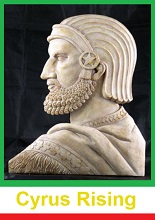
برای دانلود این کتاب، ابتدا باید عضو سایت بشوید.
پس از عضویت، لینک دانلود این کتاب و همهی کتابهای سایت برای شما فعال میشوند.
(قبلا عضو شدهاید؟ وارد شوید)
